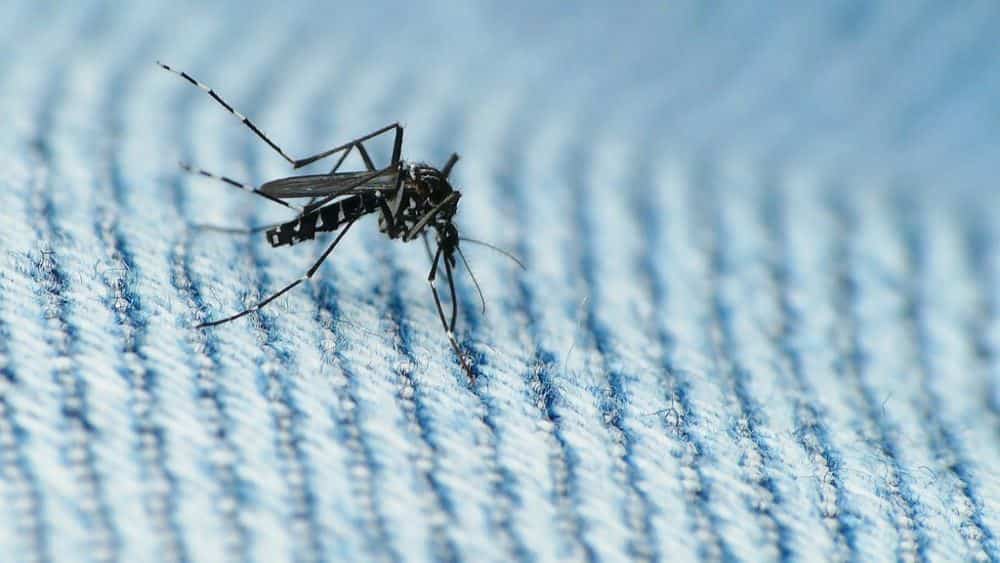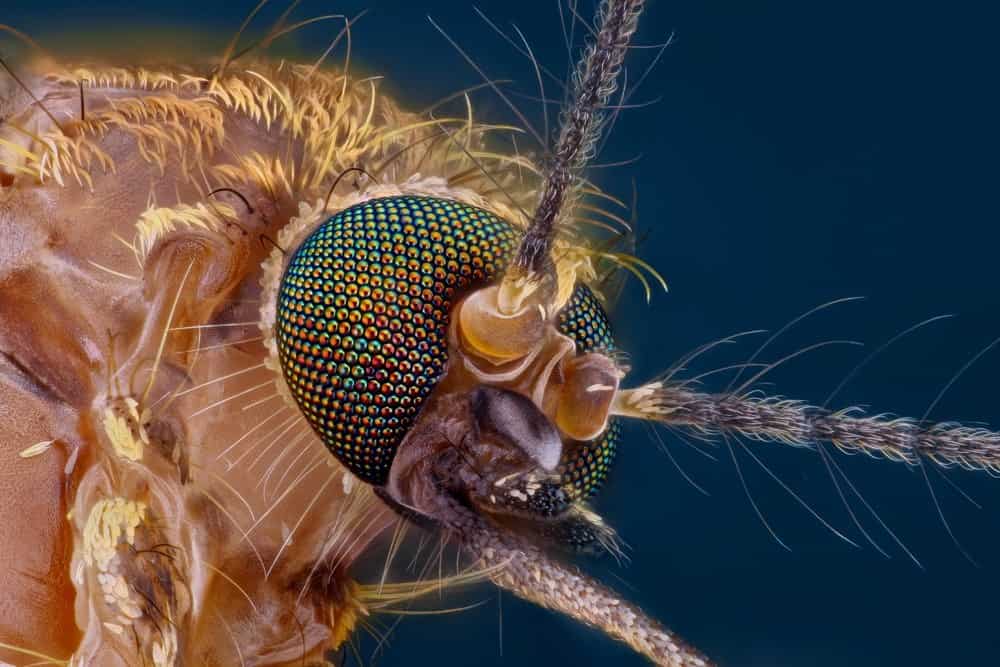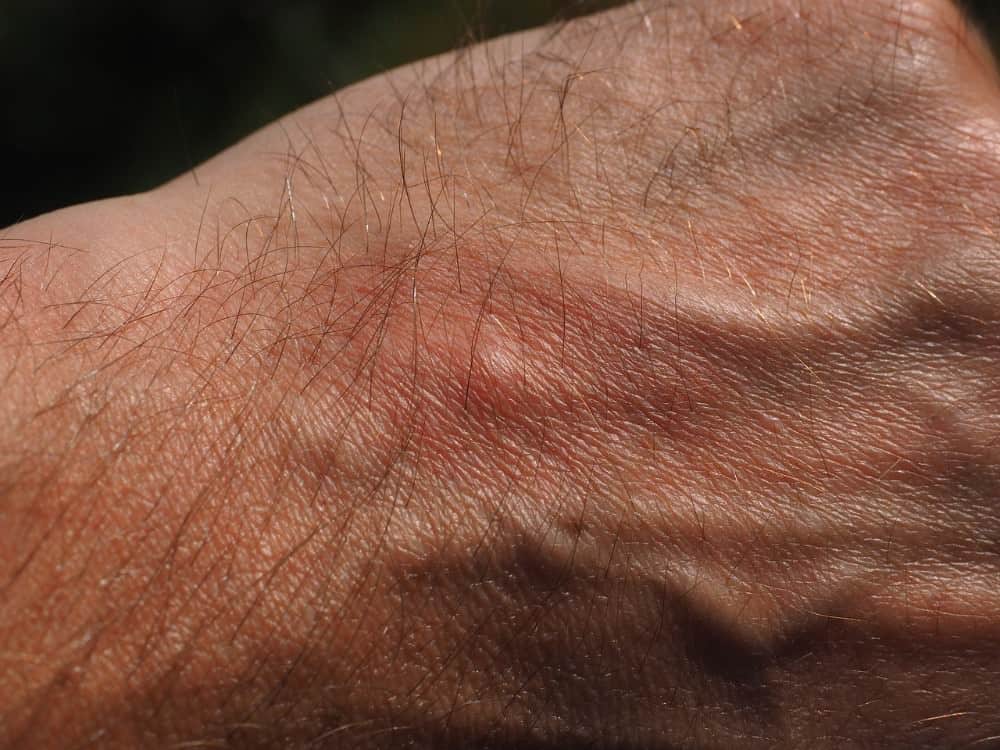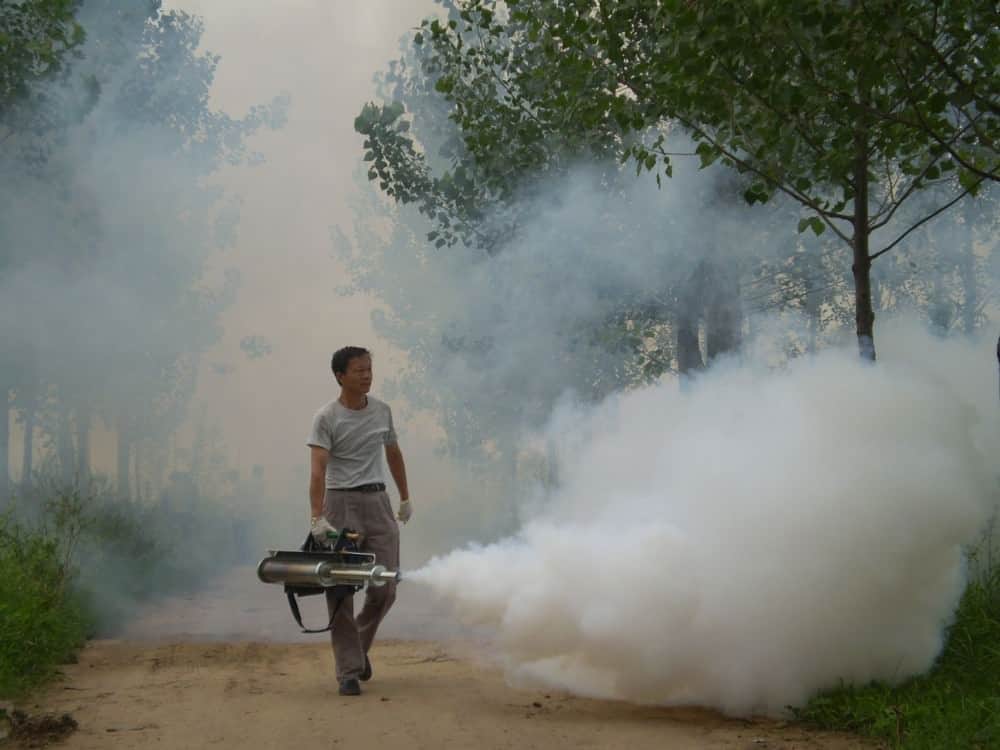Why Do Mosquitoes Suck Blood?
There are many species of insect that thrive through feeding on blood, and as most of us know mosquitoes are one of them. This article will look at why mosquitoes feed on blood, and why they need it to survive.
Do All Mosquitoes Suck Blood?
Many of us think that mosquitoes live only by taking blood meals, and that all mosquitoes bite humans for said meal. It may surprise you to discover that their primary food source actually comes from plant nectar.
Humans are also not the first choice of a blood meal for many mosquitoes. Some would much prefer to feed on birds and mammals. Others will even feed on reptiles and amphibians.
Another fact which you may not realize is that only the females suck blood. Even then, not every species will do this.
Species such as the Toxorhynchites, don’t take blood meals. To reproduce, the females need to take a carbohydrate meal, which they get from nectar.
Male and female mosquitoes differ in terms of how they feed. Females suck on blood and are equipped with a special mouthpart known as the proboscis. The males don’t bite humans or animals at all. They are vegetarian and don’t need this special anatomical feature. They do have some similarities though, in that they all need energy.
Mosquitoes need to find the energy to live, fly, and reproduce. The females can get some of their energy through sucking blood, but it’s not nearly enough. All mosquitoes like to feed on honeydew, plant sap, nectar from plants, and the juices from fruits.
These sources of food give them the sugar they need for energy. The mosquitoes store the sugary fluid in their abdomen. The females store the blood separately.
Why Do Mosquitoes Suck Blood?
We now know it’s only the female mosquito that sucks blood. The reason for this is because she needs it to help with reproduction. By sucking blood, the females are providing their bodies with the nourishment they need to produce eggs.
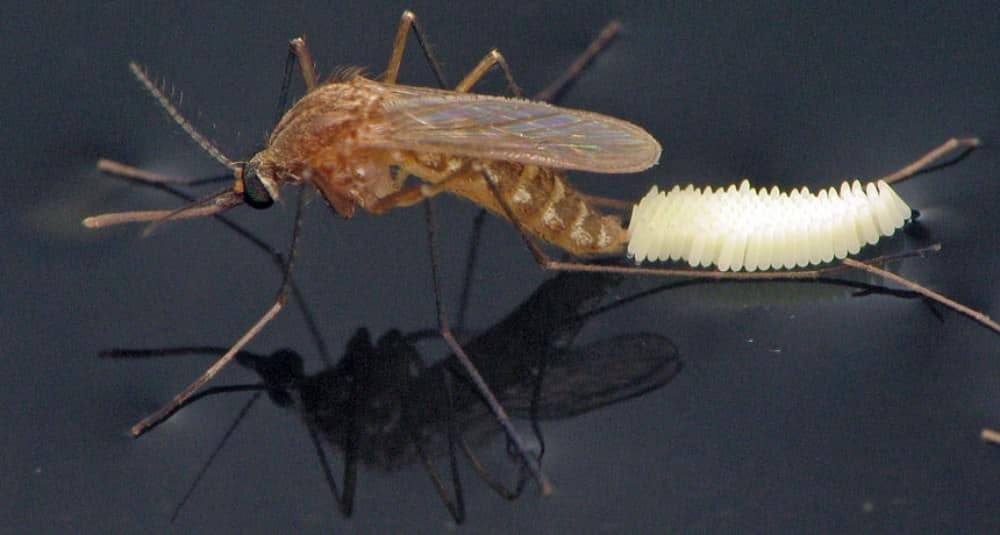
Blood contains proteins and amino acids. This makes it an ideal source of prenatal supplementation. Without these proteins, the female mosquito cannot produce her eggs. Therefore, blood is a vital part of her diet.
Females can drink two to three times their body weight in blood. Considering their size, this is not a huge amount. In fact, it only takes around three milligrams of blood to fill them.
As the average person has nine to 12 pints of blood in their body, the amount taken by a mosquito is negligible. Once she’s taken her meal, she’ll find a safe place and allow her body to process the meal.
Her next step is to lay her eggs. After this, she’ll be ready for another blood meal, to start the process again. She will continue to do this throughout her life, which could be a month or more.
To extract the blood from her host, the female uses the proboscis. This comprises an intricate system to help with the blood sucking.
Blood contains proteins and amino acids. This makes it an ideal source of prenatal supplementation. Without these proteins, the female mosquito cannot produce her eggs. Therefore, blood is a vital part of her diet.
Females can drink two to three times their body weight in blood. Considering their size, this is not a huge amount. In fact, it only takes around three milligrams of blood to fill them.
As the average person has nine to 12 pints of blood in their body, the amount taken by a mosquito is negligible. Once she’s taken her meal, she’ll find a safe place and allow her body to process the meal.
Her next step is to lay her eggs. After this, she’ll be ready for another blood meal, to start the process again. She will continue to do this throughout her life, which could be a month or more.
To extract the blood from her host, the female uses the proboscis. This comprises an intricate system to help with the blood sucking.


